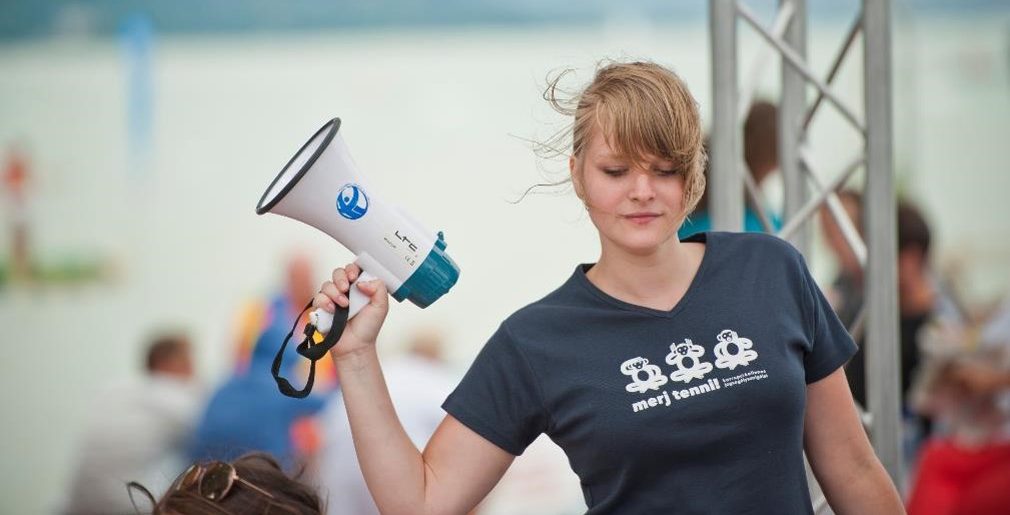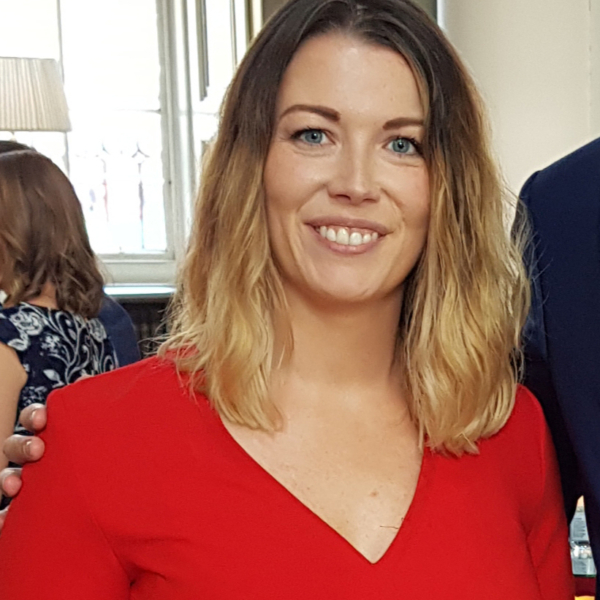CONTEXT AND BACKGROUND
Transparency International EU (TI EU) is the Brussels office of Transparency International (TI), the global movement against corruption. TI EU leads the movement’s EU advocacy, in close cooperation with our international secretariat in Berlin (TI-S) and 100 national chapters worldwide, but particularly with 22 national chapters in EU Member States, helping them to carry out effective advocacy campaigns to influence EU policymaking.
Our mission is to promote integrity, transparency and accountability in EU institutions and to promote the fight against corruption and illegal financial flows in the EU’s internal and external policies. Working in coalition with others, we pursue this mission through a combination of research, advocacy and communications. TI EU’s 2020 Annual Report is available here.
TI EU’s work is enabled through a blend of unrestricted core funding and restricted project funding from a range of donors. Adessium Foundation is one of TI EU’s core funders. The final year of Adessium’s current three-year cycle of funding has just commenced and incorporates an opportunity for TI EU to invest in enabling an externally-facilitated learning review of our work during the last 2-3 years with a view to the co-creation, with the TI EU team, of an externally tested theory of change (presented in both narrative and diagrammatic form). With this refined theory of change as the conceptual framework, we also seek to develop an appropriate and proportionate MEL system that will enable us to more effectively evidence and communicate the impact of our work and to generate learning that will benefit TI EU, the coalitions in which it engages, and the TI movement as a whole. Our current MEL system is based largely on narrow quantitative and broad qualitative indicators which provide insufficiently detailed insights as to the effectiveness of our work.
OBJECTIVES OF THE EVALUATION
The overall objectives of this assignment are the following:
Objective 1: To review, refine, enhance and formalise the existing TI EU theory of change, including the assumptions made about pathways of change.
Objective 2: To strengthen TI EU’s approach to assessing the effectiveness of its programme work in order to identify opportunities for continuous improvement and maximisation of its own impact and the impact of the TI movement as a whole.
KEY ISSUES TO BE ADDRESSED
TI EU has formulated questions for each of the evaluation objectives as an indication. The evaluator is free to further prioritise these questions in the proposal and suggest others it deems necessary. The questions are:
Objective 1
- Reflecting the successes, failures, opportunities and challenges experienced during the last 2-3 years, what are the key learnings derived from the last 2-3 years of work? What is going well, what is not, and what should be adapted?
- What assumptions had we made and did these hold true? Are these assumptions still relevant?
- Looking forward what are the critical success factors for the change that TI EU seeks to bring about?
- What does progress towards that change look like for TI EU? What changes should we expect to see over the short and medium term?
- Can we articulate more clearly the specific contribution that TI EU makes to the overall changes that the TI global movement seeks to bring about?
- Recognising the disproportionate effect fraud and corruption has on the poorest and most vulnerable groups in society, in what ways can TI EU apply a gender and inclusion lens throughout the programme cycle?
Objective 2
- Given the size and resources available to the organisation and with utility, flexibility and proportionality in mind, in what ways can TIEU more effectively (and efficiently) demonstrate its impact?
- Given the long timeframe associated with policy change, what could be key interim measures of success, and the most important data to be gathered?
- Given the nature of TI EU’s regional role, how can we work more effectively with TI-S and TI National Chapters in EU Member States to ensure that evidence of impact is gathered and learning shared?
- What can we learn from the MEL systems of other similar advocacy-based organisations?
OUTPUTS AND DELIVERABLES
The consultant is expected to deliver:
- Synthesising team inputs and externally tested, a TI EU theory of change (in diagrammatic and narrative form) that describes the intervention logic (including the underlying assumptions) and ensuing results chain that underpins the work of the organisation.
- A description of the proposed indicators and/or progress/change markers against which progress will be monitored.
- A MEL framework and system that is proportionate to the nature and scale of TI EU’s work and to available human and financial resources.
- A draft report, documenting the process undertaken and the resulting outcomes to be shared with TI EU and other relevant stakeholders (as agreed with TI EU) for feedback.
- Prior to the completion of a final report, initial findings and recommendations to be presented and discussed in a workshop involving TI EU staff, board and Adessium
TIMEFRAME AND PLANNING
The assignment is due to start on or around 4 April 2022, and to be completed on or around 28 June 2022. It is expected to require approximately 30 days of work.
The evaluator will carry out the following tasks:
|
Preparation
|
Document review Design of the consultancy approach (inclusive discussion and agreement with TI EU)
|
+/- 5 days
|
|
Implementation
|
Interviews, meetings, workshops as agreed with relevant staff at TI EU and stakeholders, potentially 3-4 visits to TI EU in Brussels
|
+/- 15-20 days
|
|
Documentation
|
Documenting of process and outputs in a report
|
+/- 5-10 days
|
In the technical proposal, the evaluator should provide a budget, including the estimated time needed per project phase, hour/day rate and other expected expenses. We anticipate that the assignment will require the consultant to visit Brussels on 3-4 occasions during the assignment period.
The expected deliverables and timeline are the following:
|
Design of the consultancy approach (methodological note) |
19 April |
|
1st Draft Report |
10 June |
|
Final Report |
27 June |
|
Presentation |
28 June |
A detailed timeline will be agreed at the beginning of the assignment.
A full description of the project and details on how to apply can be found here.





